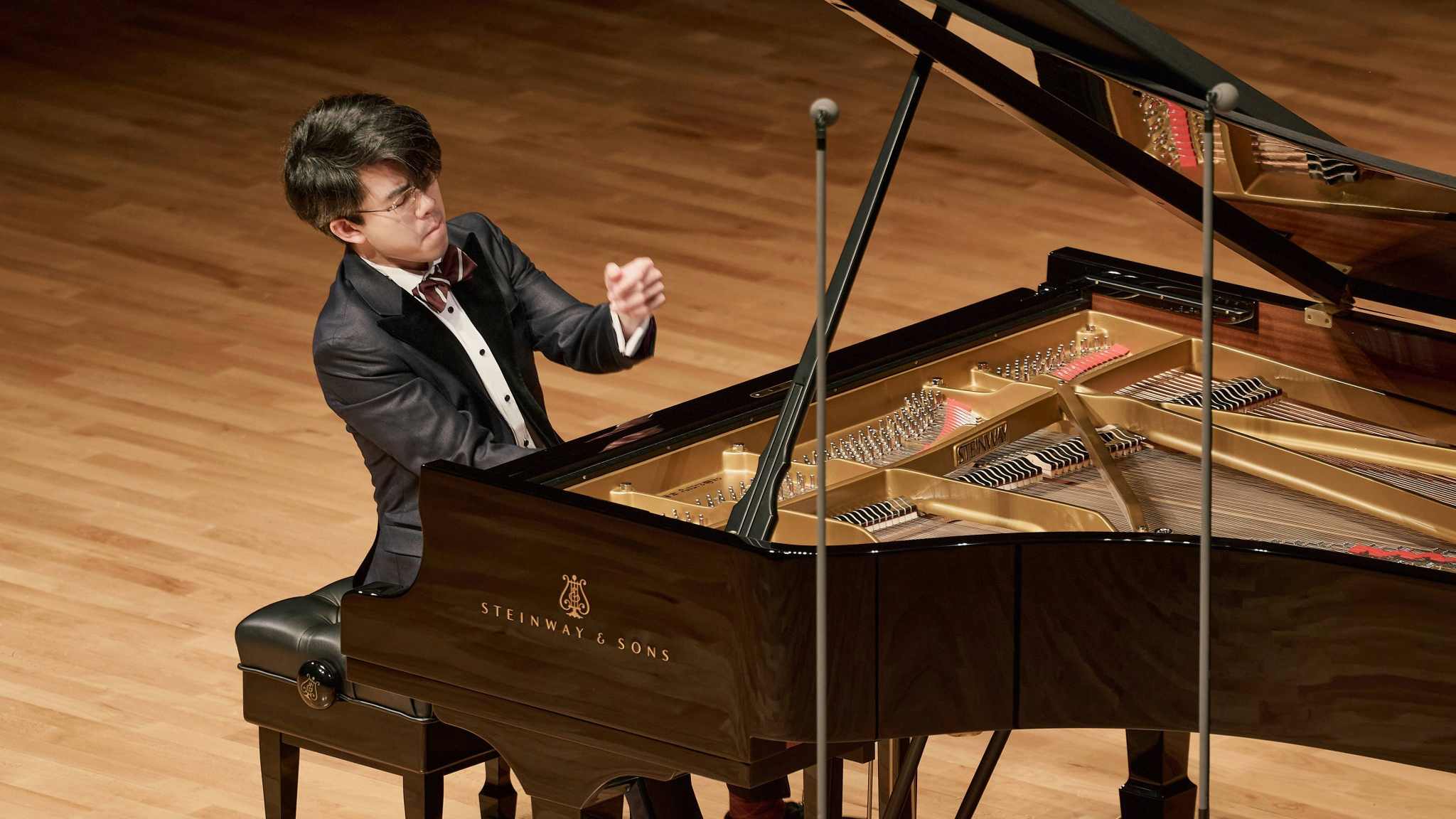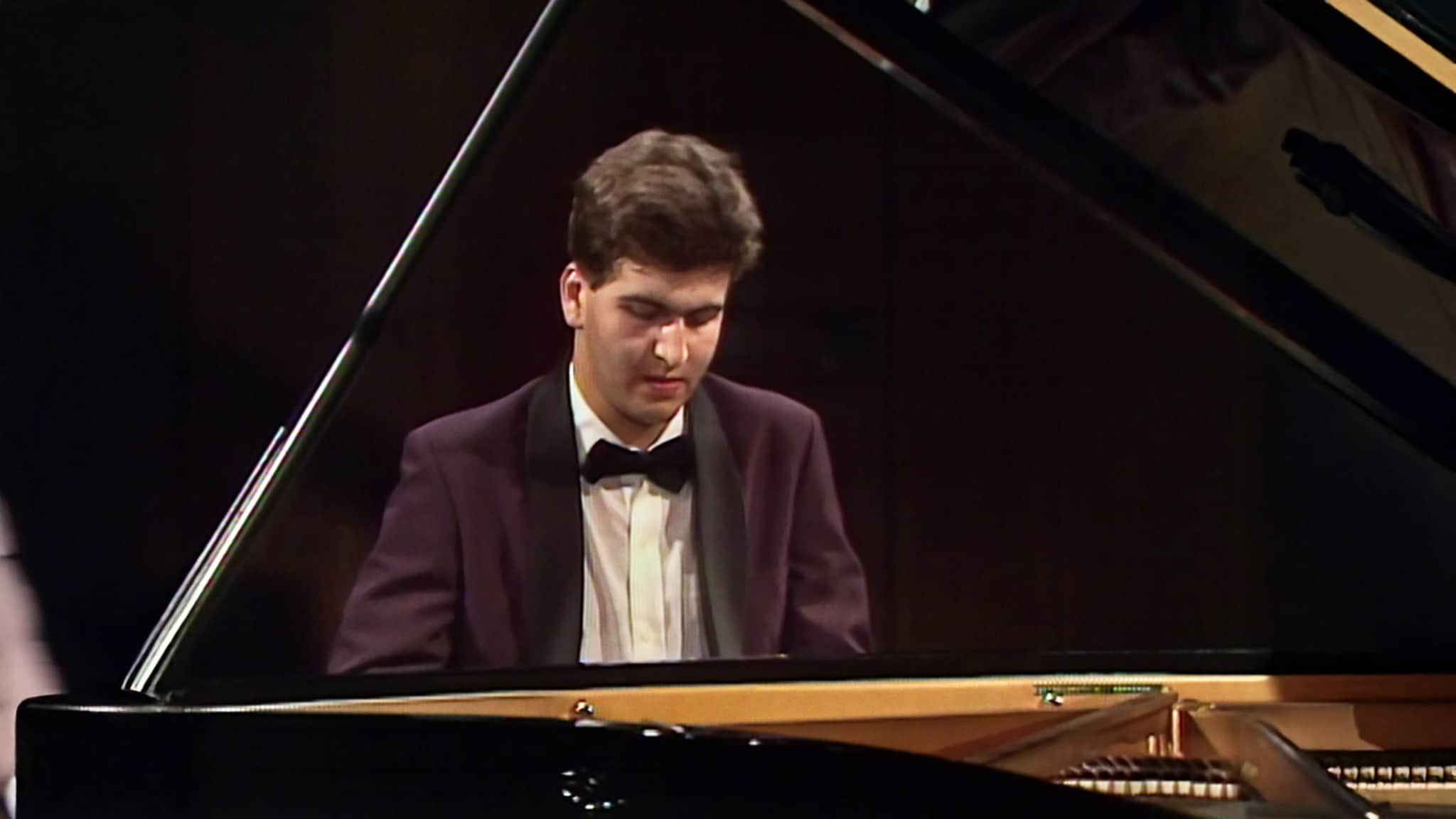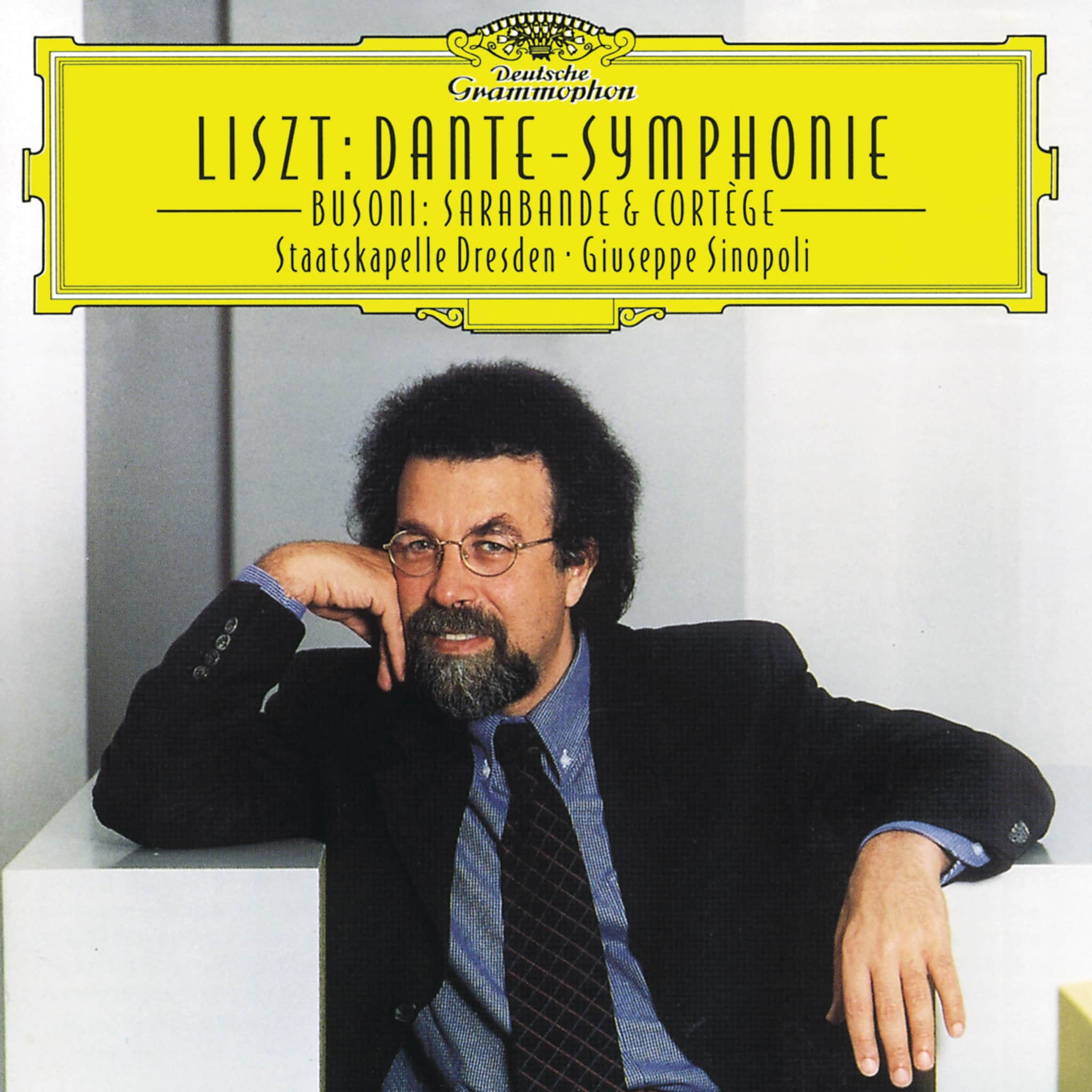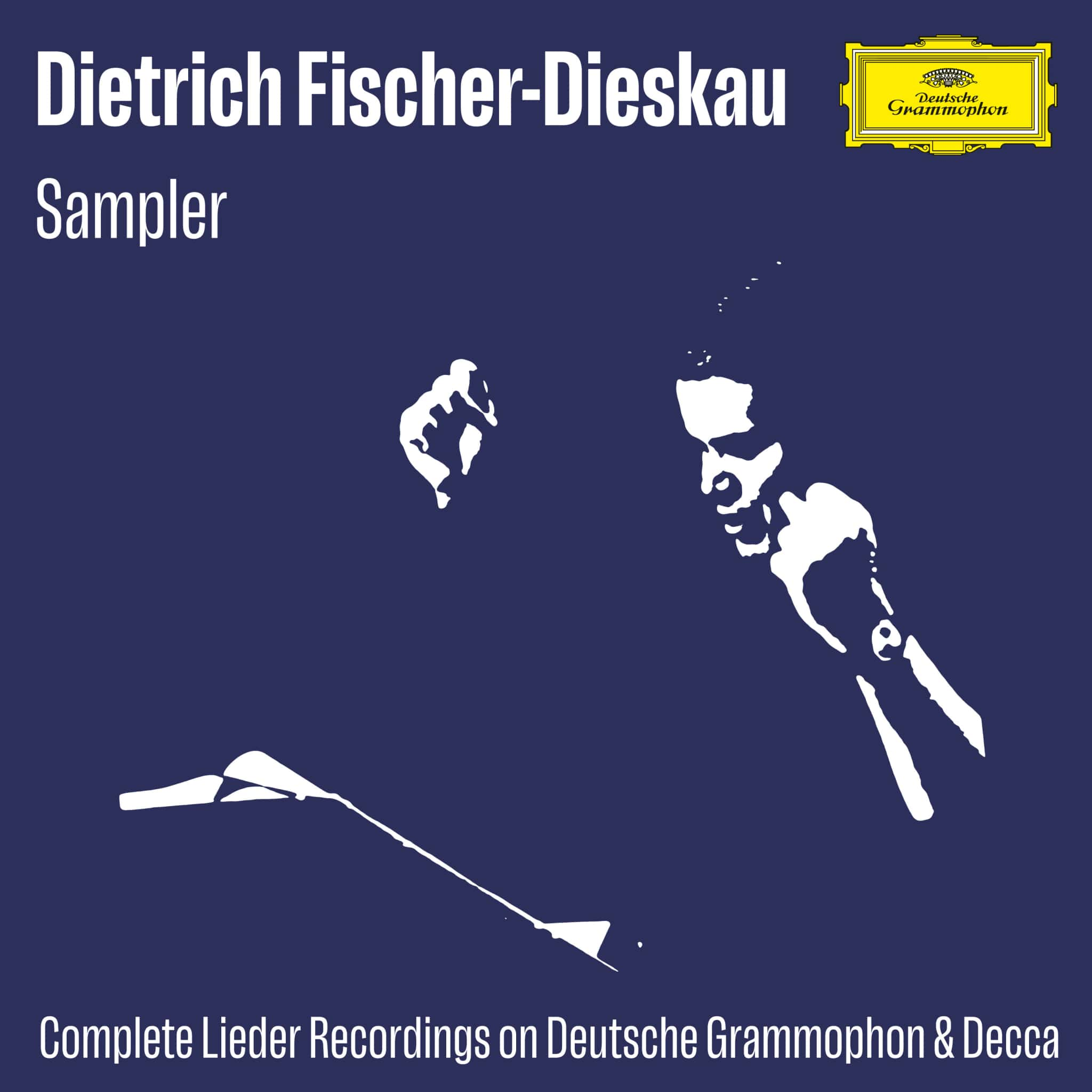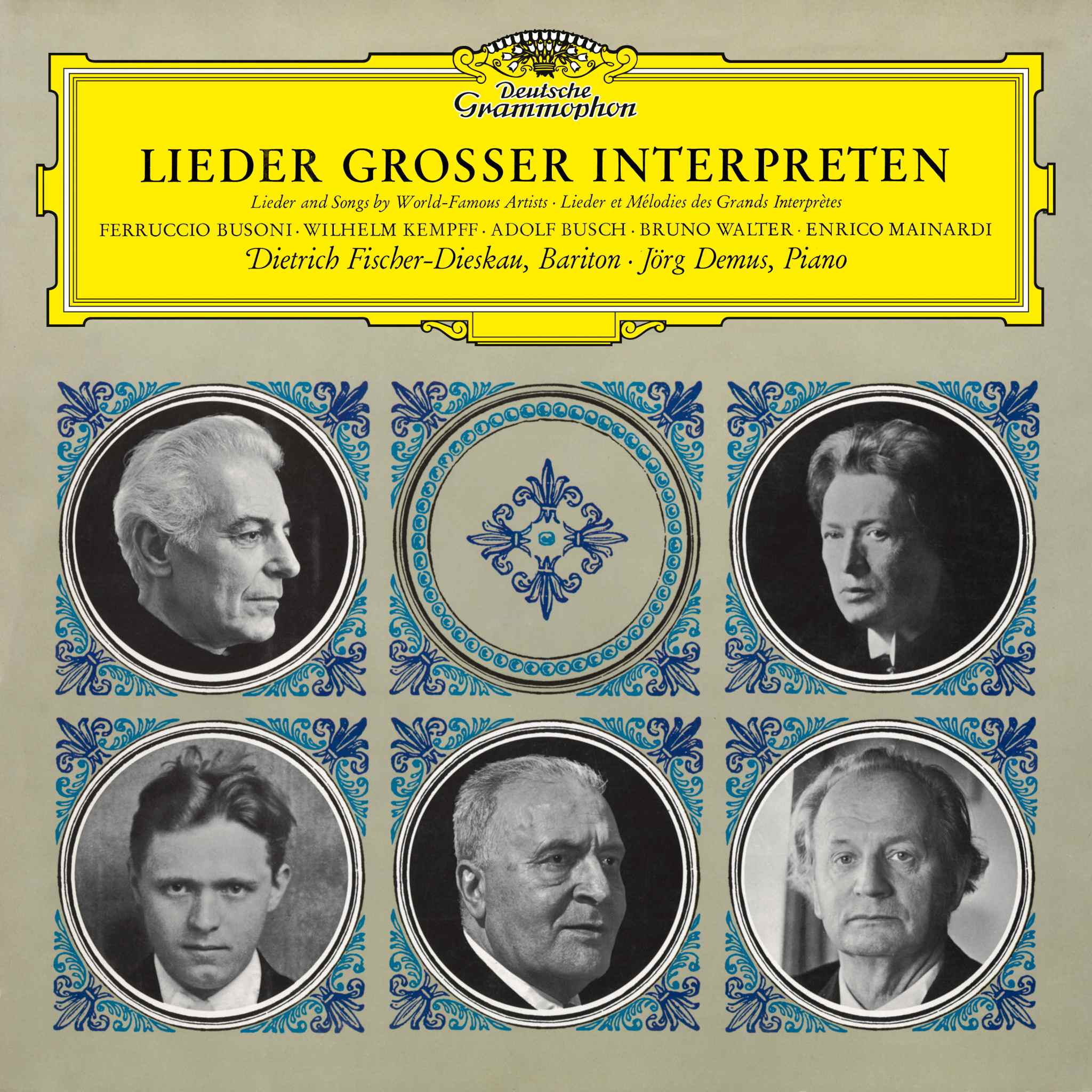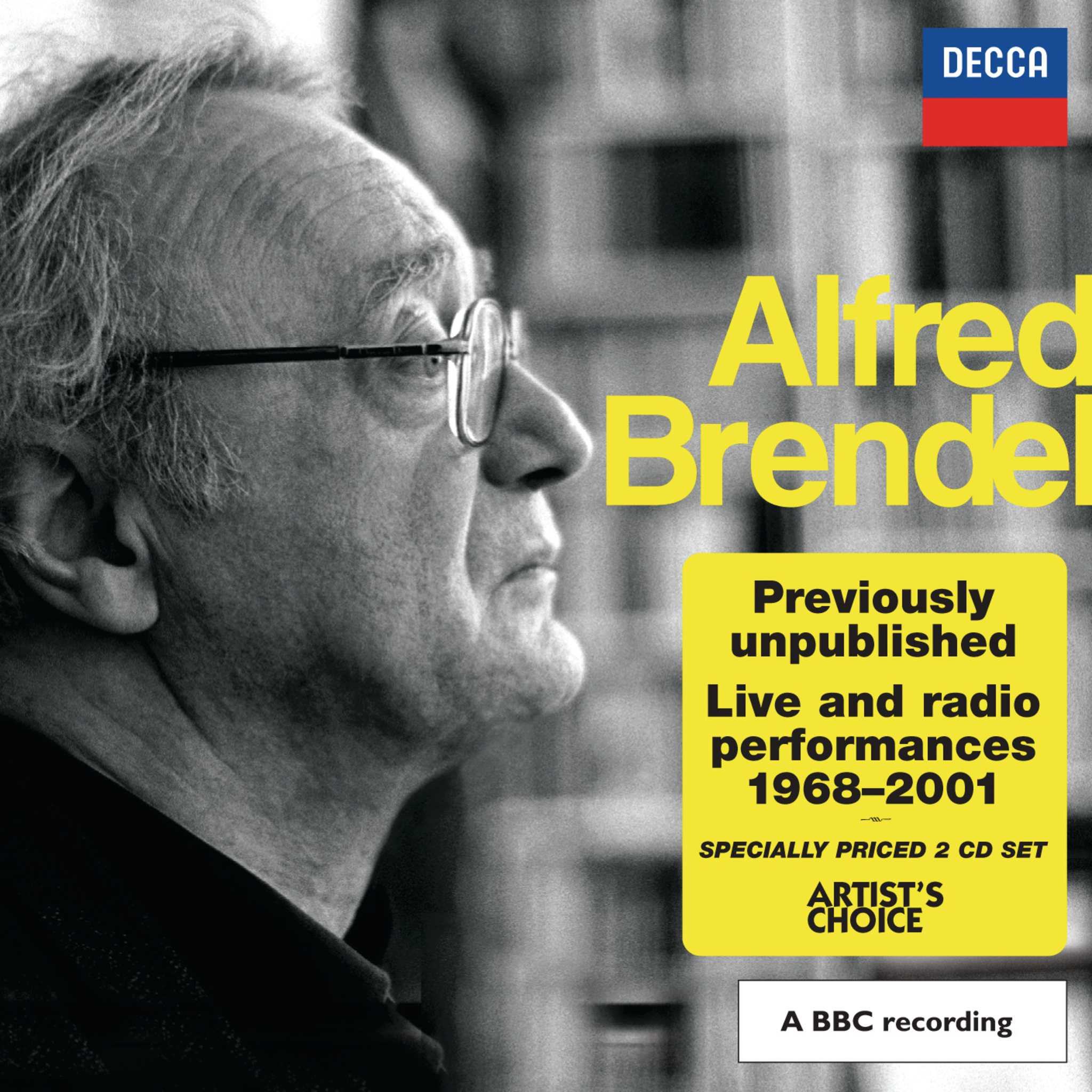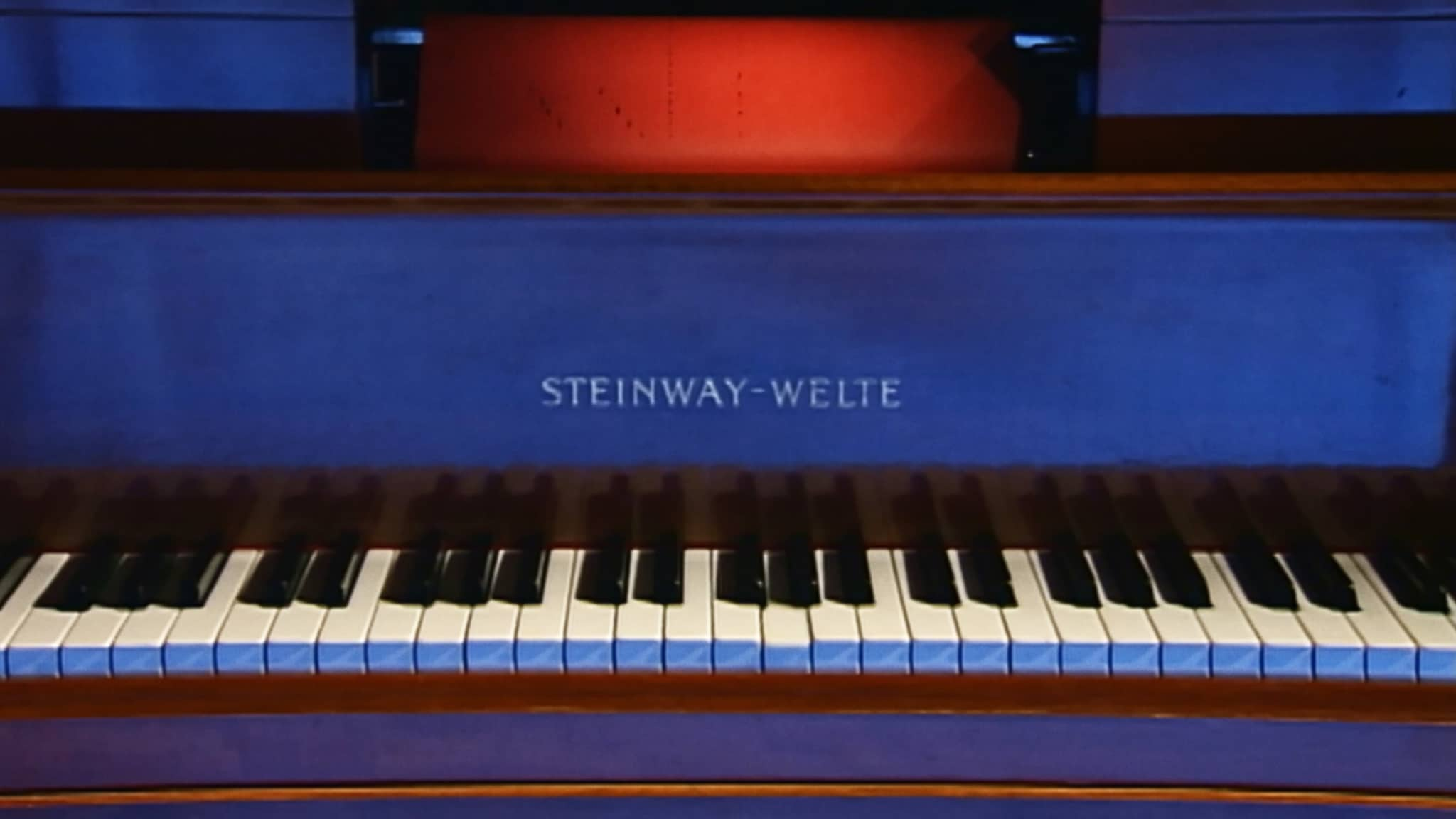Concerts and Operas
Albums
Appears On
Documentaries
AboutFerruccio Busoni

Busoni's earliest teachers were his parents. His father, a virtuoso clarinettist, and his mother, a brilliant pianist, thrust him onto the public stage as a pianist at the age of eight, and four years later he conducted his own Stabat mater in public. Encouraged by Brahms, he travelled to Leipzig, where he was introduced to many of the great composers of the day. In 1889, he became professor of piano at the Helsinki Conservatory and the following year married the daughter of a Swedish sculptor. Shortly afterwards, he resigned his appointment and, after teaching the piano in Moscow and Boston, settled in Berlin, where his courses at the Academy of Arts enjoyed an outstanding reputation.
He resumed his career as a pianist and conductor, travelling as far afield as the United States and championing the cause of contemporary music. His own works were innovative in the extreme, drawing as they did on polytonality, modal harmonies, microintervals, and even electronic music. Although the majority of his works were written for the piano, particularly the Elegien and the Fantasia contrappuntistica, and the six Sonatinas, he also composed symphonic works and large-scale operas, foremost among which is Doktor Faust.

